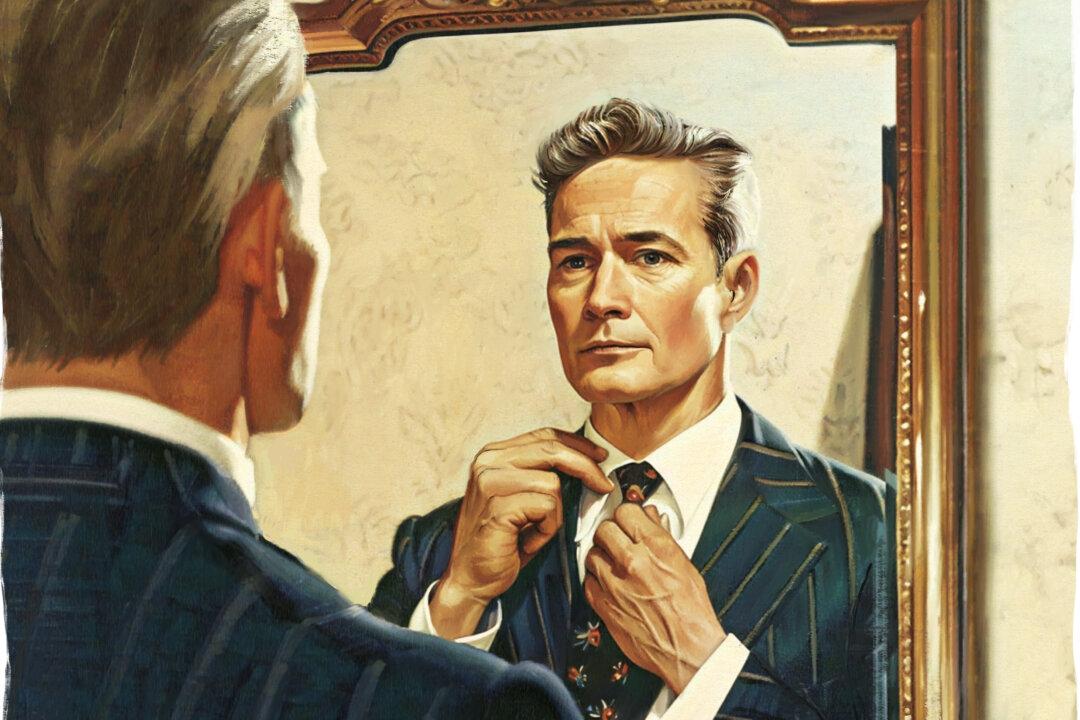Many men are under the impression that putting thought into their appearance isn’t manly. But basic thoughtfulness about what you put on is actually quite masculine. It helps you fulfill your role as a man in society through its effect on your projection of maturity, leadership, and the ability to provide. Sure, it’s easier to throw on a faded T-shirt and some jeans than a button-down and a blazer. Yet the latter usually garners more positive results in how others perceive you, and how you perceive yourself. It better reflects your responsibilities and opportunities as a man.
Dressing well looks different in different situations, of course—you don’t need to get all gussied up every time you go to the store. But even in the most casual of scenarios, there are ways to dress sloppily and there are ways to dress well. It makes a difference for you and for others. Let’s look at some aspects of masculinity and how good style can support it.






